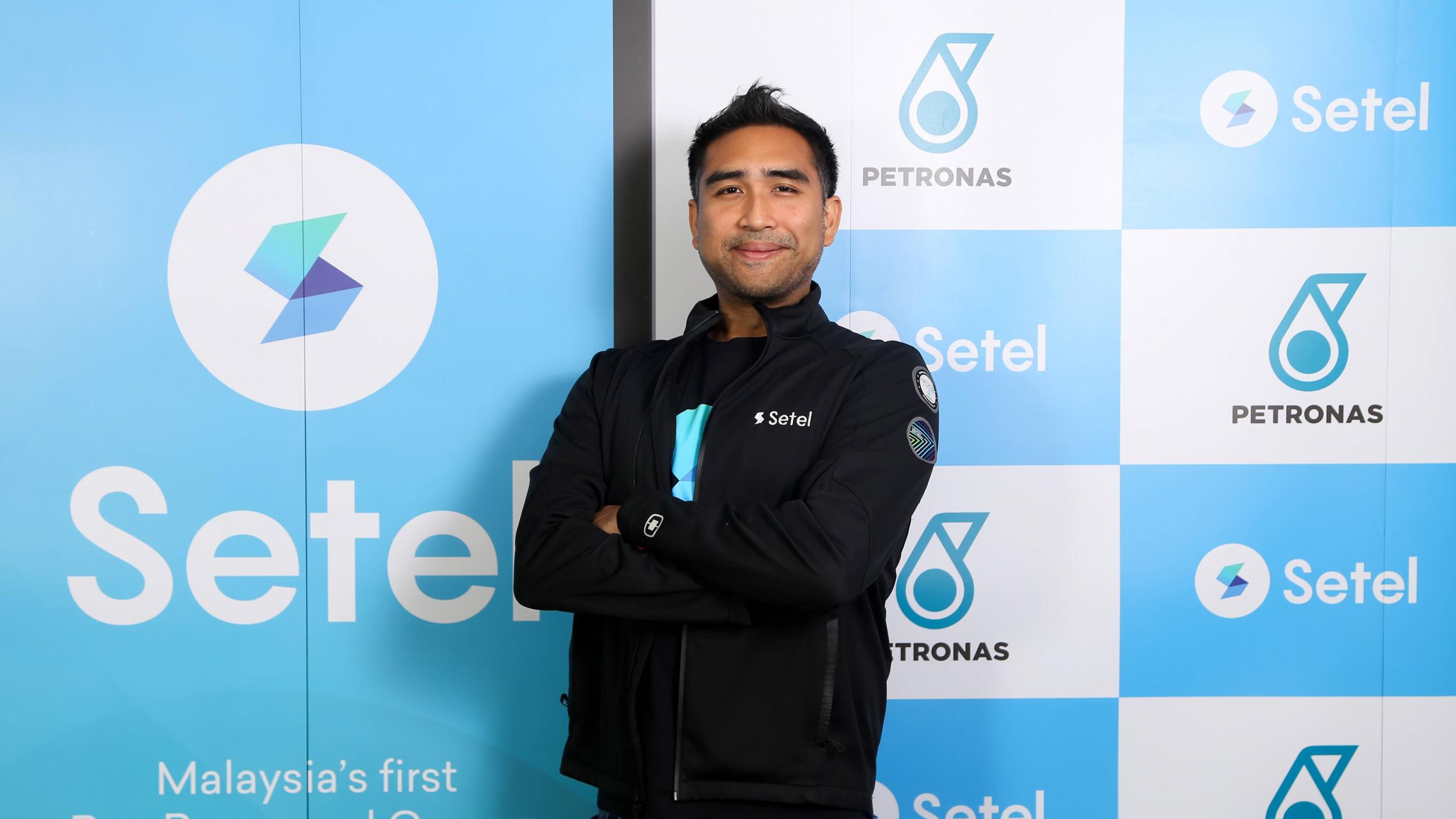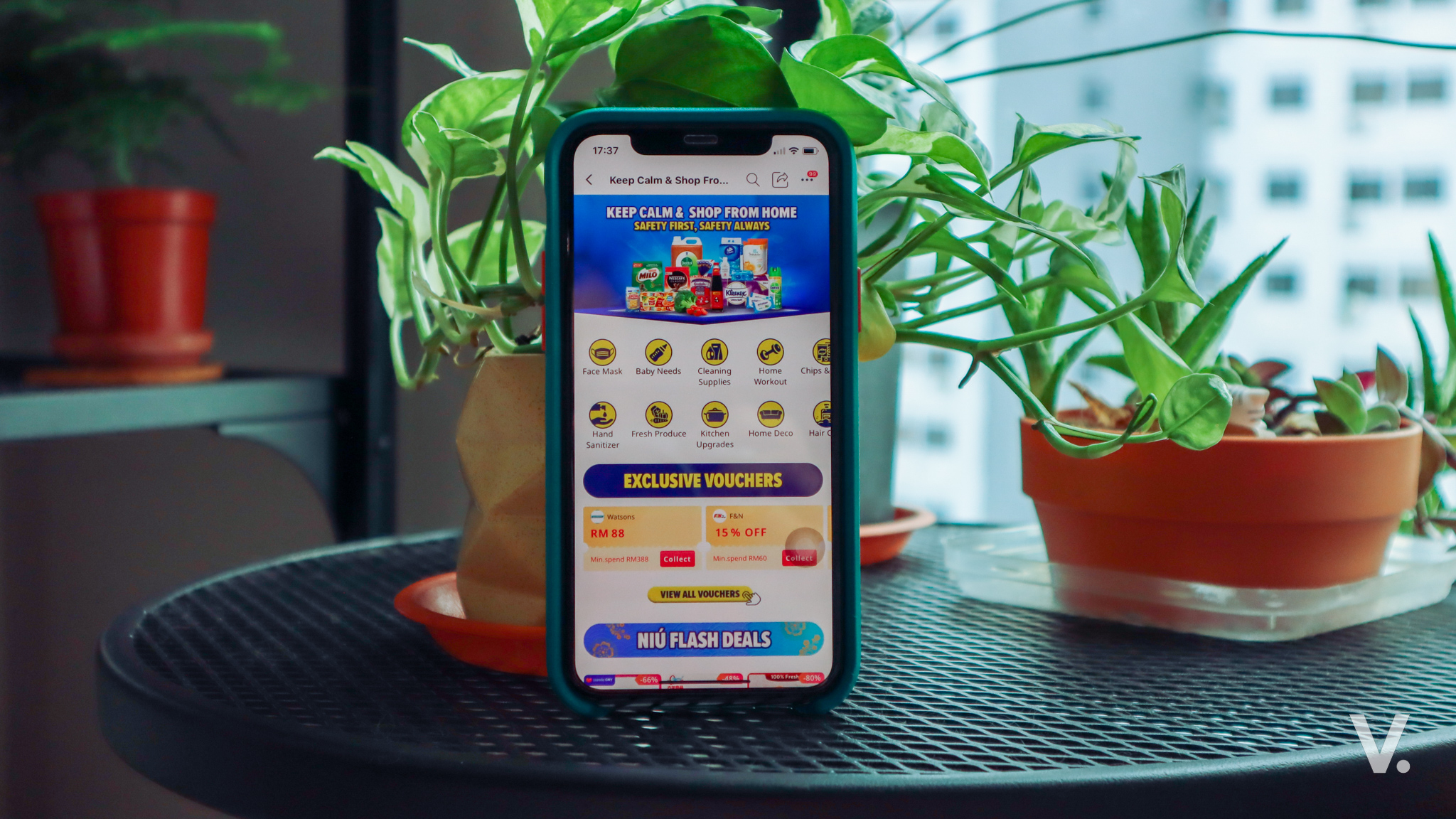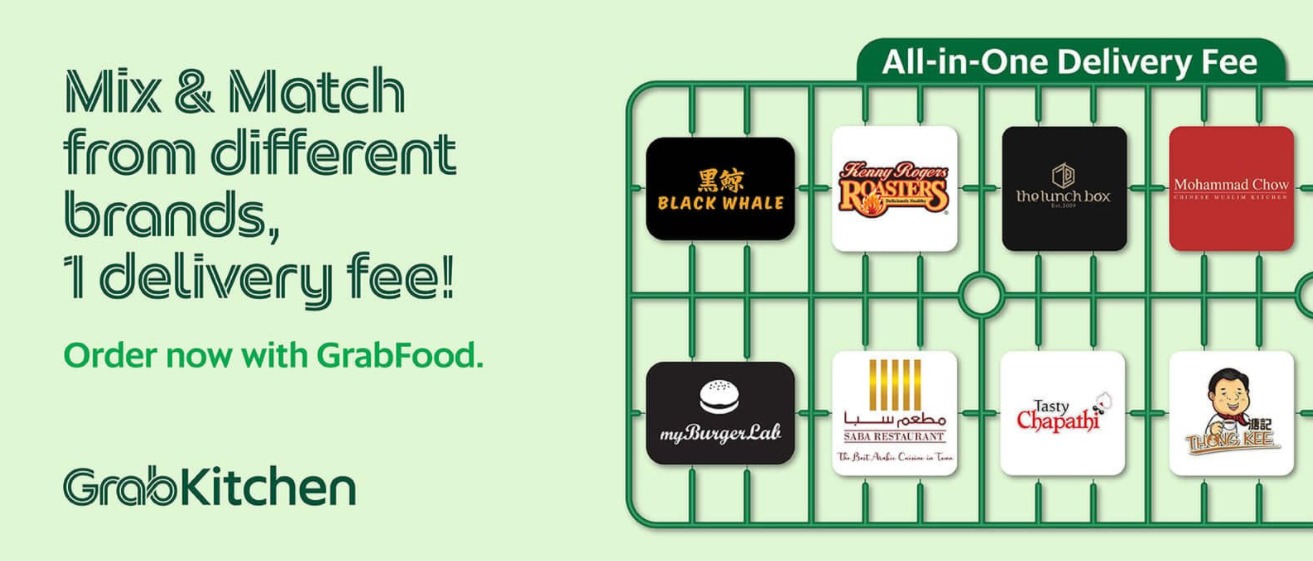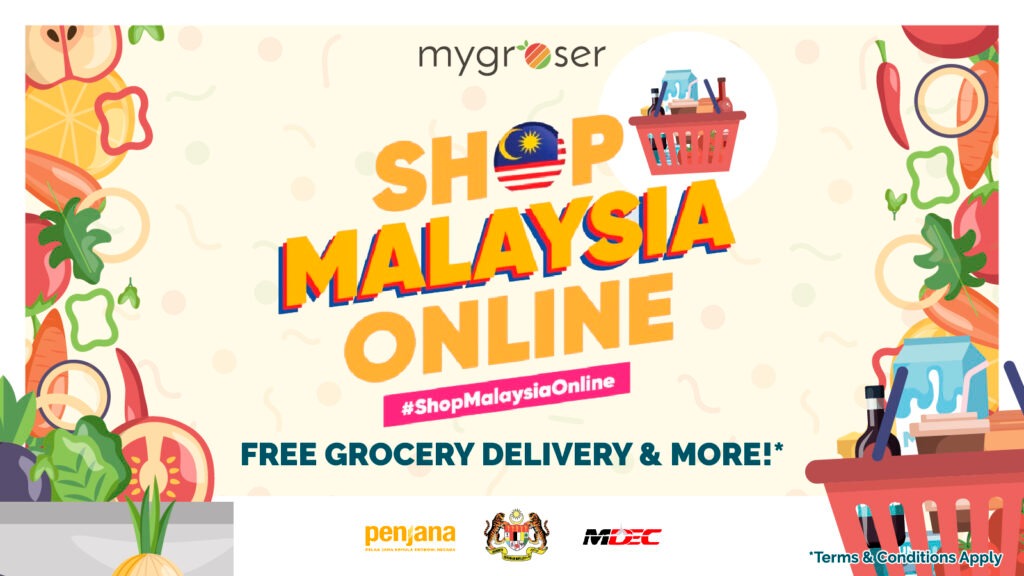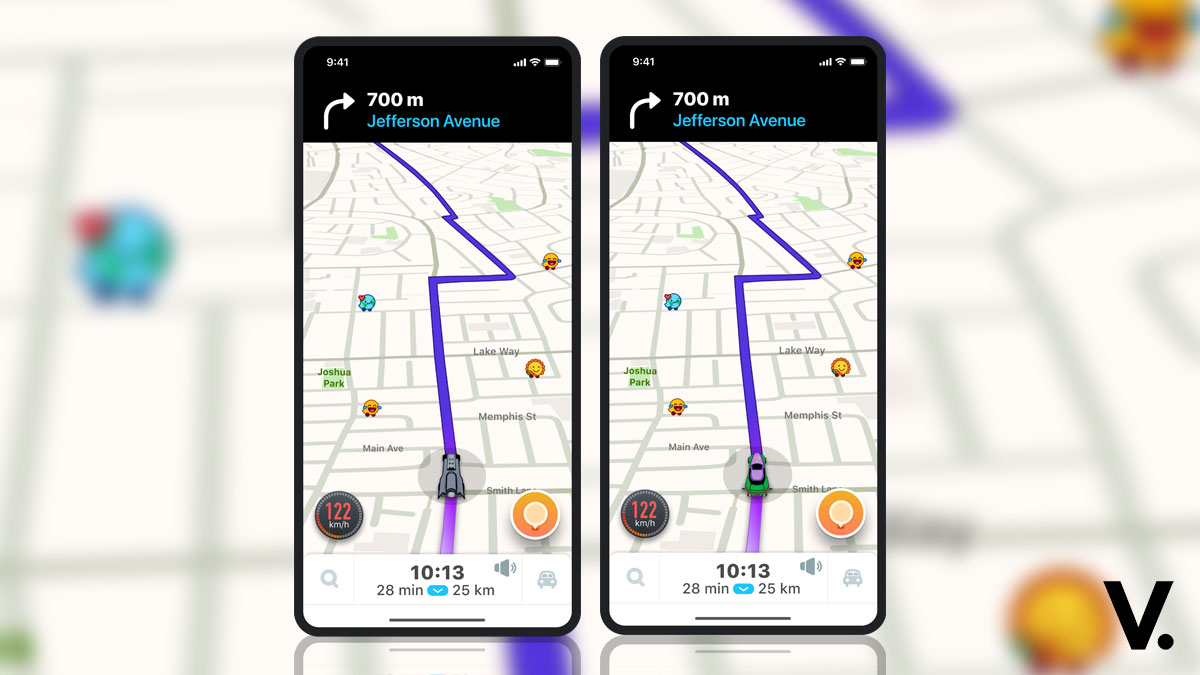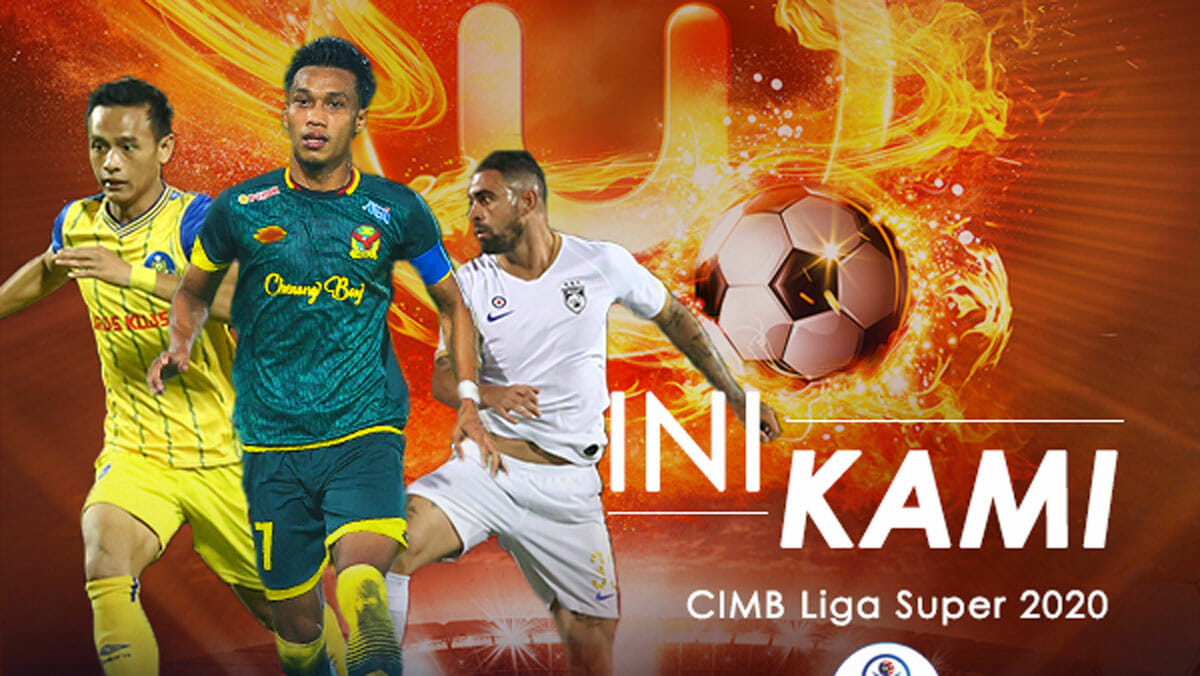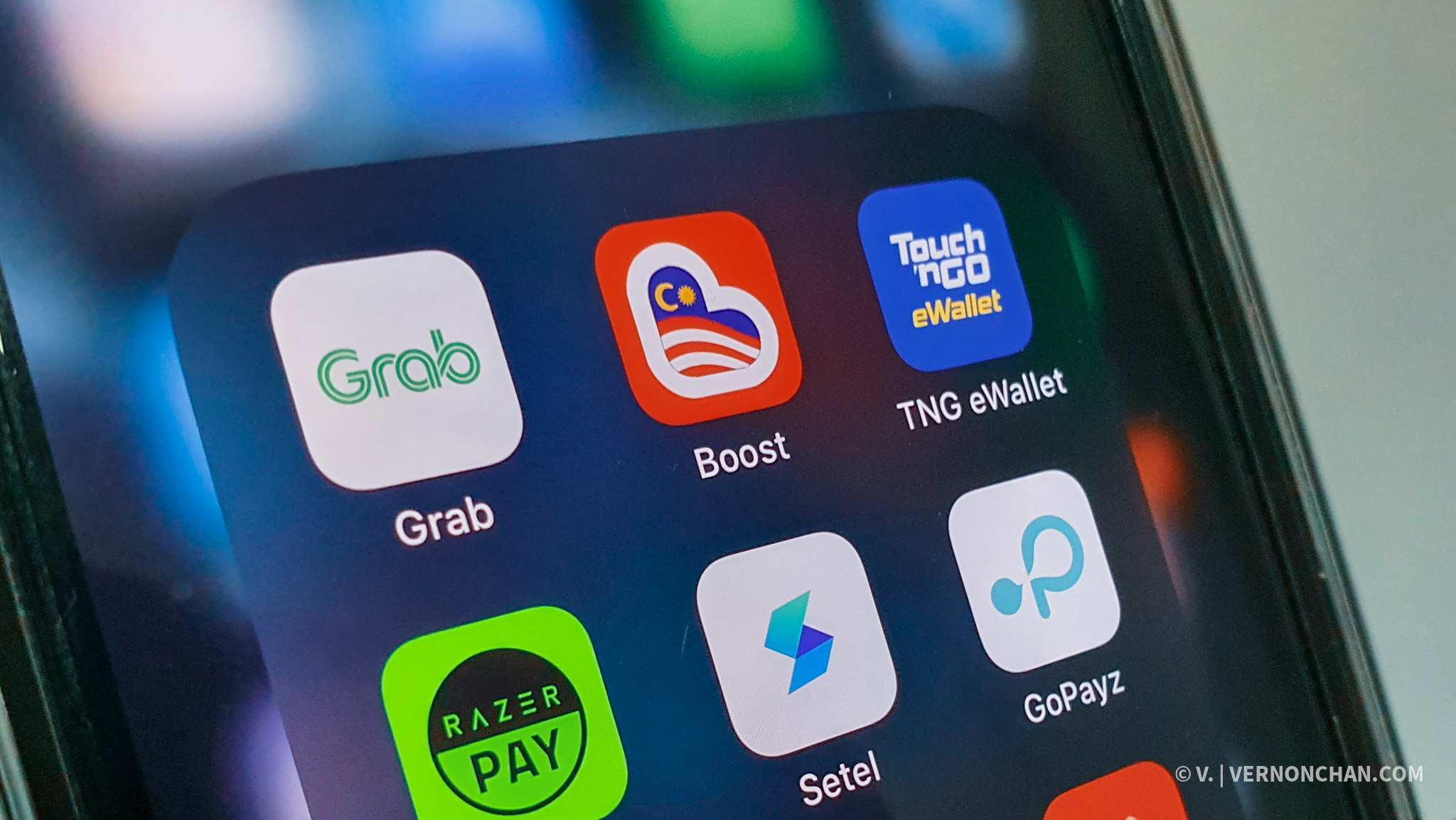Over the past few years, e-wallets have become widely used in Malaysia, with 2019 being a watershed year of growth. This comes as no surprise, as Malaysia has evolved to become a prime market for fintech. Such growth is driven by a strong infrastructure development and high penetration in mobile and internet services amongst the population. According to the Malaysian Communications and Multimedia Commission (MCMC), Malaysia has a mobile penetration of over 130% and an internet broadband penetration of over 120%. Since e-wallets were first introduced in the country, over 40 e-wallet licenses have been issued by Bank Negara Malaysia to date.
2019 was a year of growth for us at Setel, the first and only app to enable consumers to pay for fuel through their mobile phones at pump, integrating loyalty, retail, fleet and the e-commerce experience in one place. Throughout the year, Setel expanded to all PETRONAS stations in the Klang Valley, garnering a customer base of over half a million users. We also introduced new features such a virtual Mesra cards on the app and a fuel price tracking feature to monitor changing fuel prices.
As we move into 2020, it is interesting to see more conversations about the “oversupply” of e-wallets and “inevitable” mergers. These conversations have their roots in the emphasis placed on emulating the success of countries like China, where a few leading players dominate the market. However, what is often overlooked are economies where multiple e-wallets are thriving, such as Singapore, which has more than 40 operating e-wallets services.
Personally, I believe that the market dynamics of each country are very different. In countries such as China and India, e-wallet adoption was driven at its early stages by a large unbanked population, who had a clear need for e-wallets to achieve financial freedom. This enabled e-wallets, first-movers in the industry, to grow quickly and carve out a large market for themselves.
On the contrary, e-wallets are likely to struggle for market share in countries where only a small number of the population is unbanked. In these markets, a new payment method is not what is needed. Instead, it is the evolution of the payment process that is more necessary to the market. In fact, the best payment experience is not having to worry about the payment process at all. Therefore, I believe for e-wallets to be successful, they need to be coupled with an upgraded, seamless and frictionless retail experience. Essentially, e-wallets play an “enabling” role rather just acting as a place to store e-cash.
At Setel, we looked at revolutionising everything about fuel retail – a necessity for a modernised and mobile society. To move the needle on fuel retail, we changed the way people pay for fuel. We removed the need to queue for payments by building direct integration to the pump, combined the collection and redemption of loyalty points onto the app, and introduced fuel budgeting and tracking. Our collaboration with PETRONAS – Malaysia’s largest fuel retailer and one of the biggest brands in the country – has enabled unprecedented accessibility from the get-go – unheard of in the industry to this day. We transformed fuel retail by solving customers pain points and integrating various aspects of refueling, creating a new retail experience and condensed “payment process” that is accessible to all Malaysians.
It is my belief that the Malaysian e-wallet industry can thrive with a variety of e-wallet operators. Moving forward into 2020, e-wallet operators must start differentiating their offerings while innovating and integrating elements that build on their areas of strength. With challenging global market conditions predicted over the next few years, I also believe that the need for a sustainable commercial model will become the focus for most players.
Within the next two years, we will start to see some consolidation among players with strong differentiated propositions and sustainable commercial models. Therefore, industry players need to work together to achieve seamless inter-operability to form a complementary ecosystem unique to Malaysia and suits the consumption behavior of Malaysians.
For Setel, our focus will be expanding on the new seamless and frictionless mobility experience, starting with fuel and the service station. We have a huge advantage here, with accessibility to all PETRONAS stations nationwide at over 1,000 locations. A differentiated and unique user experience will remain to be our focus, one that anchored on a sustainable business model and not just tactical promotions. Setel is working towards nationwide availability in 2020 and we look to uncover more opportunities with the retail stores, commercial fleets and external merchants.
Attributed to Iskandar Ezzahuddin, Chief Executive Officer of Setel


